Waste management reform continues in Bali, and now the residents of Denpasar will have to adjust to new rules. The temporary waste storage site (TPS) on Jl. Pulau Seram, near the Level 21 shopping mall, has been shut down. This closure is part of a broader transformation that will unfold over the next two years. By 2027, Bali is expected to transition fully to modern waste processing methods.
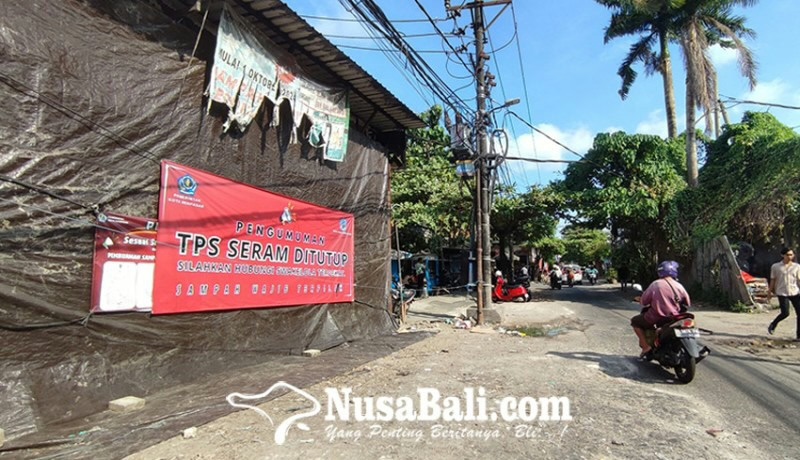
The former dump on Pulau Seram Street has been covered with tarpaulin and a large red banner announcing the ban. As of August 5, 2025, leaving trash at this site is strictly prohibited.
Authorities had planned to close this TPS back in December 2024. At the time, the containers were constantly overflowing, so much so that garbage sometimes caused traffic jams on the nearby road. The problem was made worse by “outsider” waste: trash was being brought not only by Denpasar residents but also by people from neighboring Badung and Gianyar. Some even hired couriers to drop off bags of waste at this TPS.
Now the problematic site has finally been shut down, and for a month a special patrol will be on duty around the clock. During the day, security personnel from the Level 21 mall will also assist in monitoring the area.
Local residents are now required to sort their waste. For non-organic garbage, the area is serviced by moci (short for motor tiga roda — “three-wheeled motorcycle”). These motorized carts collect trash directly from homes and deliver it to garbage trucks. The larger trucks will be stationed at undisclosed locations to prevent people from dumping mixed waste.
Organic waste is recommended to be processed at home or handed over to private services. Composters have already been distributed to those using such services.
With the closure of the dump near Level 21, the number of eliminated TPS in Denpasar has reached five. In their place, new community facilities have appeared — for example, a skate park and a maternal-and-child health clinic. Currently, only four TPS remain in the city, but restrictions are already being introduced for them as well.
These local measures align with recent statements by Bali Governor Wayan Koster regarding the island’s overall waste management future. He confirmed that there will be no more open dumps: all existing landfills (TPA) will be closed, and the construction of new ones will be prohibited.
According to the governor, waste should be processed as much as possible locally. Small-scale processing units (TPS3R) will operate in neighborhoods and villages, while larger TPST facilities will handle sorting in administrative centers.
Any waste that cannot be processed in the first stages will be sent to incinerators, which are planned for Denpasar and Badung. There, the remaining garbage will be burned to generate energy.
Authorities are currently selecting sites for the necessary facilities, Koster said. It will take about two years to launch the incinerators: six months for permits and another year and a half for construction.
Meanwhile, modern compost pits are expected to begin operating in 2026. This is another solution proposed by Governor Koster. According to him, 4,700 composters will be built to turn food waste into fertilizer. They are projected to handle half of the daily waste volume in Denpasar and Badung. Once operational, these composters will make it easier for the island to manage its trash — especially since the use of the main landfill, TPA Suwung, is already banned, and it is expected to be permanently closed by the end of the year.
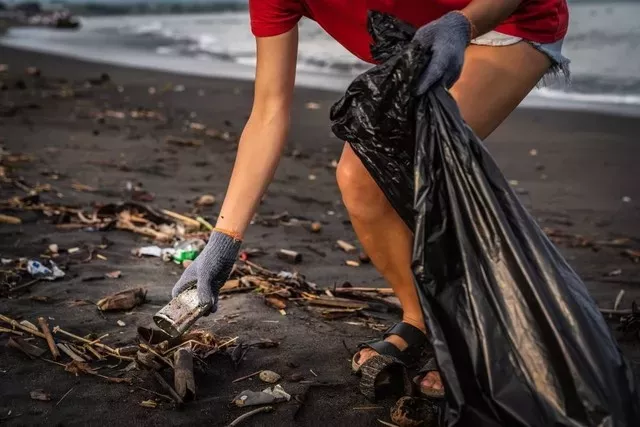
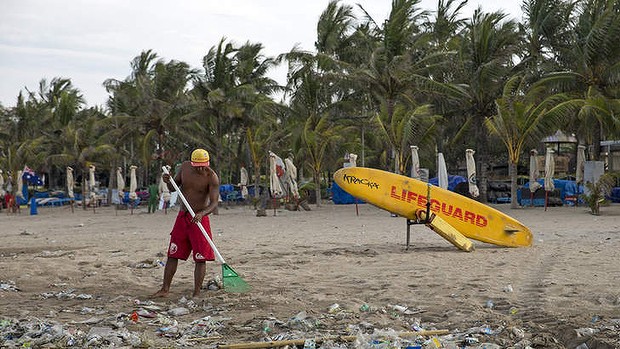
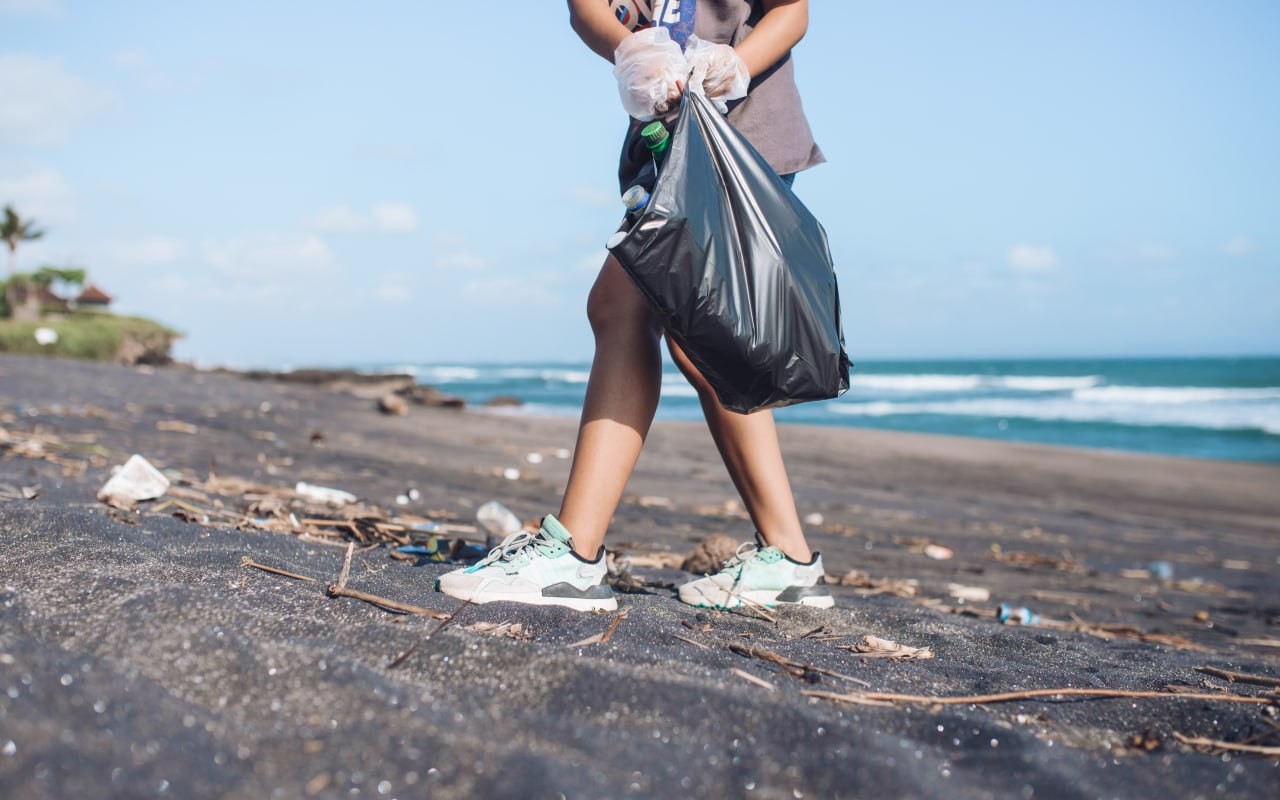
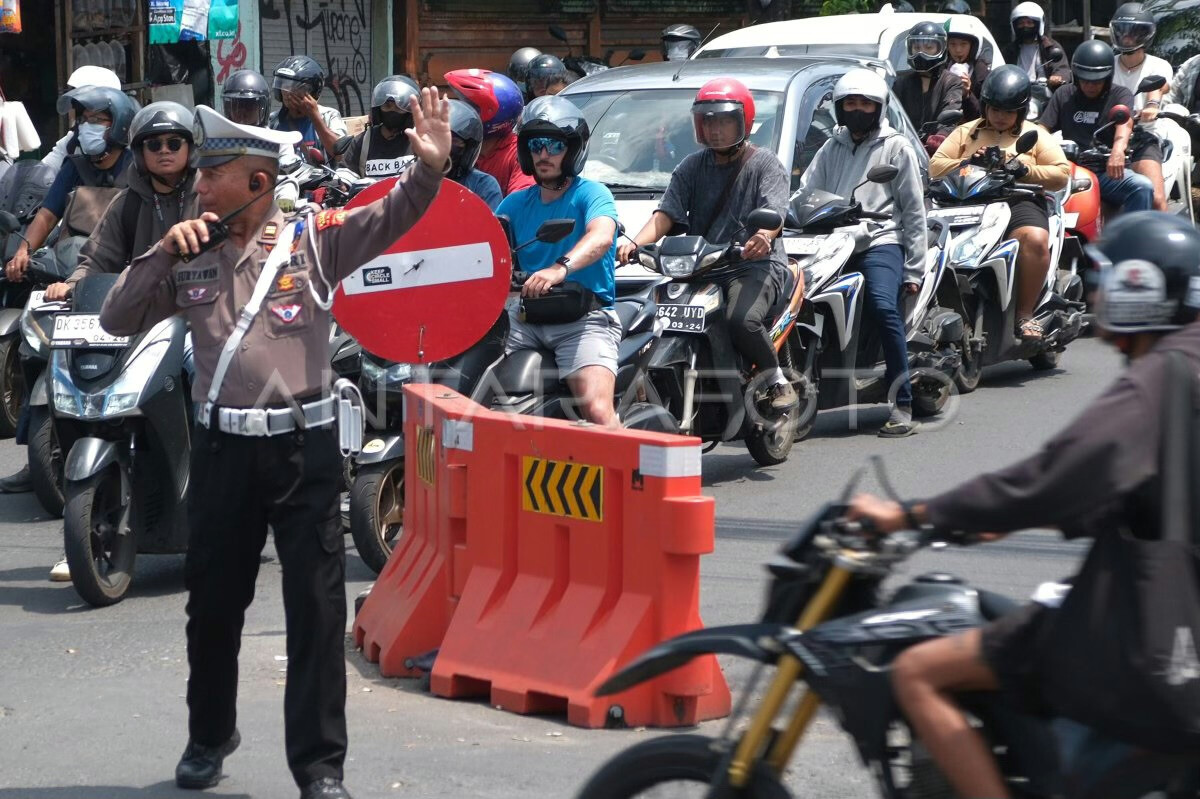
You can add one right now!